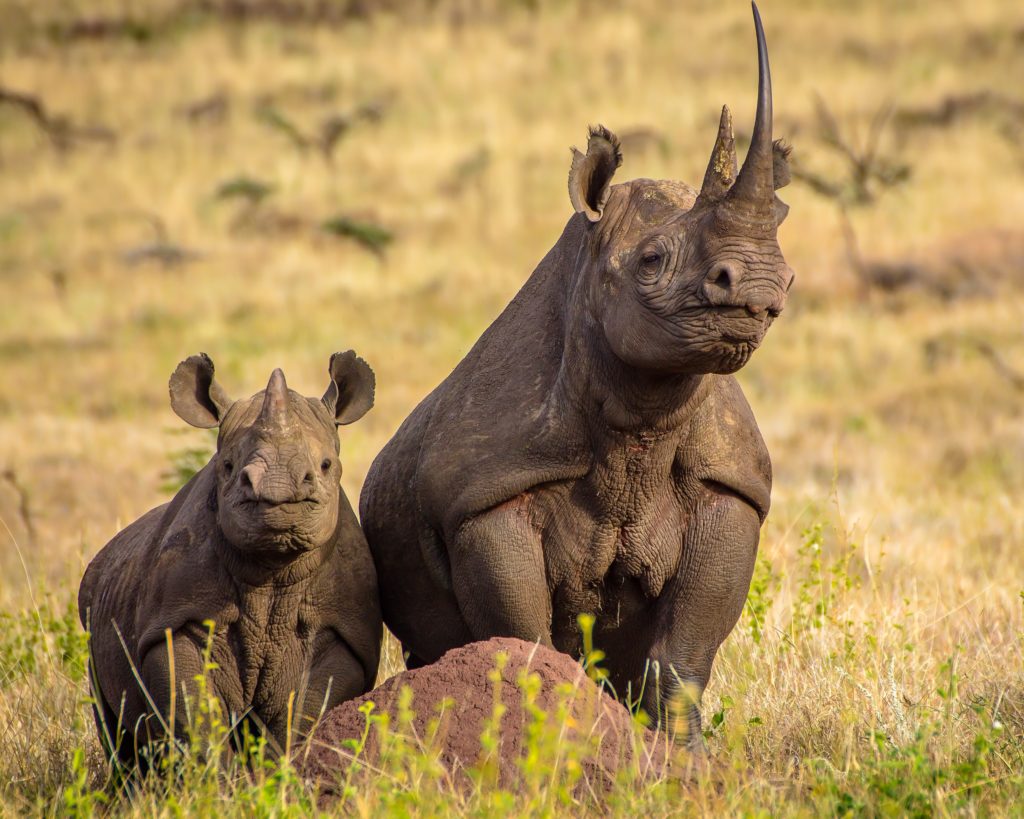A WORD FROM THE CEO

Yolan Friedmann, EWT CEO
In recent weeks there has been a flurry of social media posts around some proposed regulatory changes that would, if implemented, have a significant impact on the future management, wellbeing, and conservation value of our wildlife resources in South Africa. As with all news that goes viral, there will be some elements that are accurate and many that are not. Humans appear to need to amplify hard facts to get the attention that they want and perhaps in this day of extreme media overload and noise, this may well be a relevant strategy. Be that as it may, the EWT prides itself on being a science and fact based organisation whose contributions are credible, meaningful and evidence based. We have been inundated lately with messages across all platforms, asking what we are doing about, and what the public can do about, a series of proposed regulatory changes and the following is a brief description of the issues, our concern and our responses:
- The Animal Improvement Act – this act promotes the intensive and selective breeding and cross-breeding of animals. On 17 May 2019, a notice was published to include the following species as landrace breeds in terms of this Act: Lechwe, Giraffe, Zebra, White Rhinoceros, Black Rhinoceros, Lion and Cheetah. We have launched an application in the North Gauteng High Court, challenging and seeking the review of the decision to list wild animals in the Animal Improvement Act. Our grounds of review include legitimate concerns regarding the conservation value of breeding animals that are claimed to be genetically superior animals and the possible detrimental impact on natural selection and evolutionary processes.
- The Meat Safety Act – the amendment to the Meat Safety Act as read with the proposed regulations on game meat (if and when they are promulgated) aims to facilitate and regulate the processing of meat from game animals that have been hunted or culled. We have submitted extensive comments to the Department of Agriculture, Land Reform and Rural Development in this regard, holding that while we wholly support the move to create a legal framework to support the commercial sale of game meat from wild animals from natural free-living conditions, we do not support the intensive and selective breeding of wild animals in general, or for commercial meat production specifically.
- The Threatened or Protected Species Regulations of 2007 have been undergoing amendment since March 2015, when the public was afforded an opportunity to comment on proposed amendments. Early in 2020 we received information of the submission of a version of these regulations to the National Council of Provinces for their approval (the 2019 Amendments). We have extensively compared the 2015 version of Amendments with the 2019 version of Amendments, and found well over 200 changes between these two versions, 56 of which are substantial changes in our view. We have written to the Minister of Environment Forestry and Fisheries, raising concern about the lack of public participation in the finalization of the 2019 Amendments, considering this process has taken five years and the two versions are fundamentally different. We are awaiting feedback in this regard.
The EWT has an experienced and highly skilled team of experts who developed our submissions on all of these proposed regulations, and we are vigilantly watching the process to ensure that our concerns, as well as those of several other specialists, are considered. We will keep our readers updated. We cannot guarantee that our opinions will triumph, but our voice will be heard. Your support keeps the EWT in a position to engage with government and hopefully, improve the outcomes to the benefit of our wildlife. Please keep supporting the EWT during these times, every bit helps.Yolan Friedmann
CEO: Endangered Wildlife Trust
